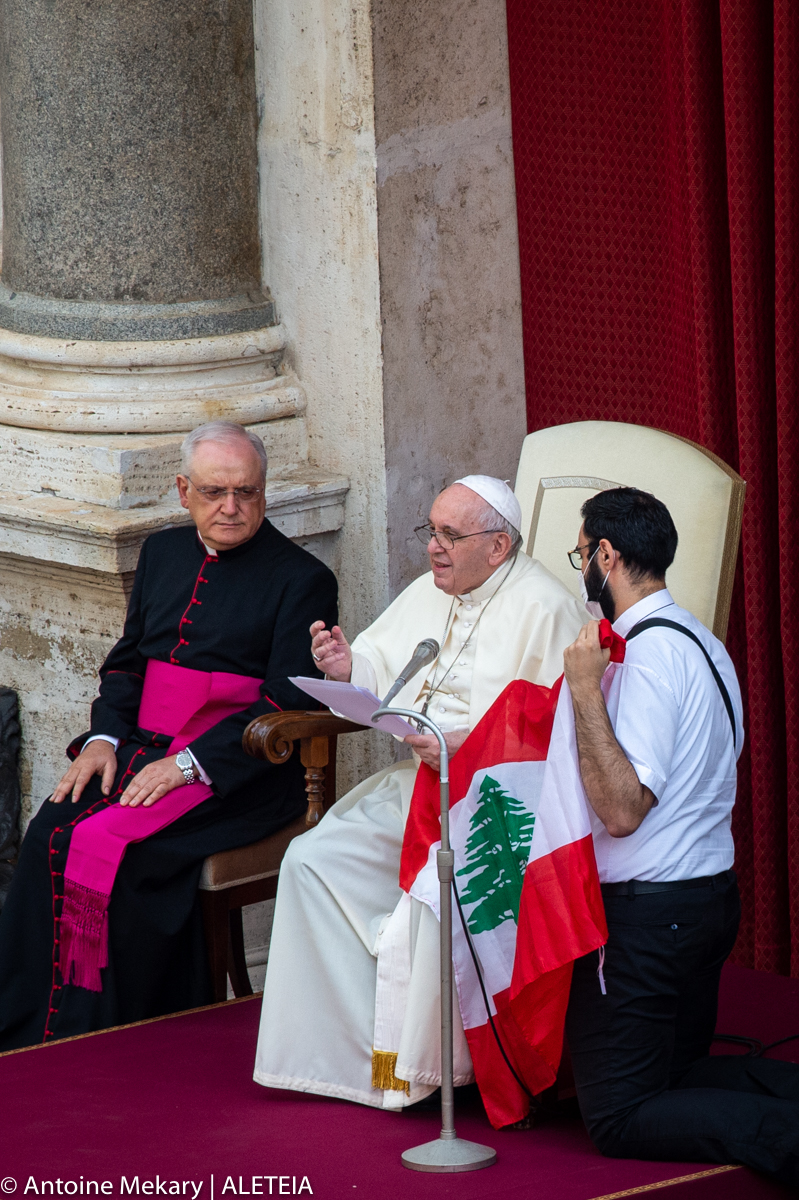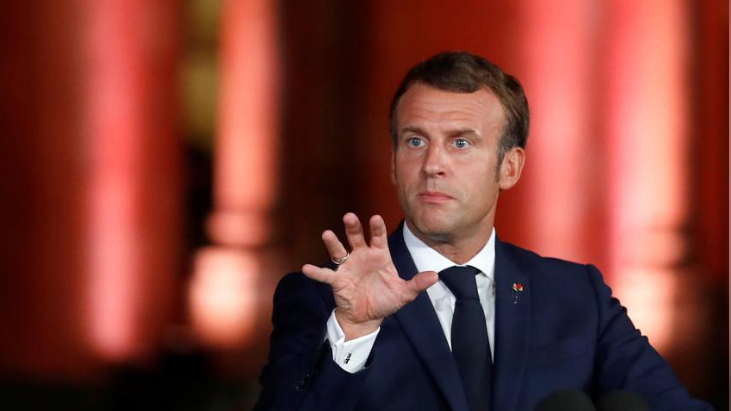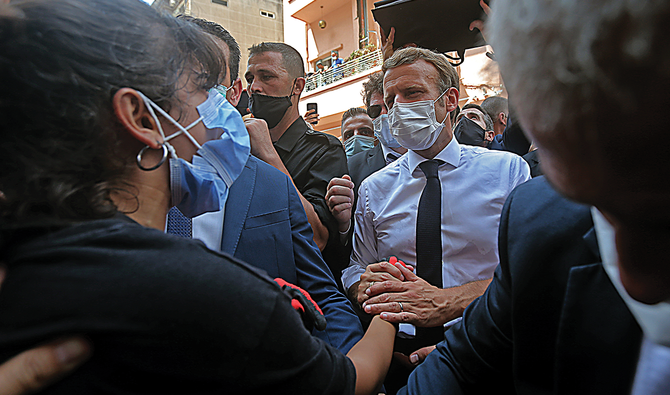
By Hannah Brockhaus Vatican City, (CNA).- Cardinal Pietro Parolin told Lebanese Catholics at a Mass in Beirut Thursday that Pope Francis is close to them, and praying for them, during their time of suffering. “It is with great joy that I find myself among you today, in the blessed land of Lebanon, to express to you the closeness and solidarity of the Holy Father and, through him, of the whole Church,” the Vatican Secretary of State said Sept. 3. Parolin visited Beirut Sept. 3-4 as the representative of Pope Francis, a month after the city experienced a devastating blast which killed nearly 200 people, injured thousands, and left thousands without a home. The pope has called for Sept. 4 to be a universal day of prayer and fasting for the country.
Cardinal Parolin celebrated Mass for around 1,500 Maronite Catholics at the Shrine of Our Lady of Lebanon, a major pilgrimage site in the hills of Harissa, north of Beirut, on the evening of Sept. 3. “Lebanon has suffered too much and the past year has been the scene of several tragedies affecting the Lebanese people: the acute economic, social and political crisis which continues to rock the country, the coronavirus pandemic which has worsened the situation and most recently, a month ago, the tragic explosion of the port of Beirut which ripped open the capital of Lebanon and caused terrible misery,” Parolin said in his homily. “But the Lebanese are not alone. We accompany them all spiritually, morally and materially.”
Parolin also met with Lebanon’s President Michel Aoun, a Catholic, on the morning of Sept. 4. Cardinal Parolin brought the president greetings from Pope Francis and said that the pope was praying for Lebanon, according to Archbishop Paul Sayah, who is responsible for external relations for the Maronite Catholic Patriarchate of Antioch. Parolin told President Aoun that Pope Francis “wants you to know that you are not alone in these difficult times that you are experiencing,” Sayah told CNA. The Secretary of State will conclude his visit with a meeting with Maronite bishops, including Cardinal Bechara Boutros Rai, the Maronite Catholic patriarch of Antioch, during lunch Sept. 4.









